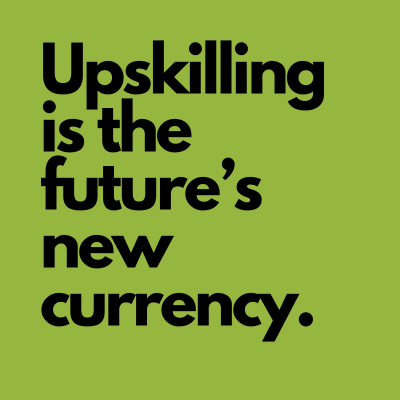In many sectors, traditional hiring models are being transformed by a new emphasis on skills-based hiring—where internal and external candidates are evaluated based on the work that needs to be performed and how well their skills match up to mastering that work, rather than their backgrounds.
While getting such a strategy off the ground can be tricky, it can yield significant benefits for a range of HR outcomes, according to a panel of HR experts who spoke earlier this week on “Skills and Rewards: Breaking from the Confines of Jobs” at the WorldatWork conference in San Diego.
This emerging model is different than the traditional process of hiring based on prior experience and education, and thus creates new responsibilities for HR. For example, HR professionals need to identify the work that needs to be accomplished and which skills can help bridge that gap—and then, most importantly, which candidates may have those skills.
Despite the work involved in creating a skills-based organization, the desire to do so is strong among employers.
It turns out 90% of business executives worldwide are actively experimenting with skills-based approaches across a wide range of workforce practices, according to Deloitte, which surveyed 1,200 business executives across the globe.
And 89% of these executives say skills are important for the way organizations are defining work, deploying talent, managing careers and valuing employees, the survey notes.
Why companies are moving to a skills-based model
When polling session attendees on why they are interested in a skills-based operating model, 40% of survey participants pointed to workforce agility. That choice represented the largest group, though the panelists noted there are a number of advantages of shifting to a skills-based system..
For instance, when HR professionals look at jobs through a skills lens, they can overlay and correlate a candidate’s or employee’s skills and see new jobs for them, driving internal mobility, says Molly Leeds, senior principal with Mercer’s career business and a panelist. This can be a particular draw as organizations in today’s uncertain economy look to curb external hiring costs.
There can also be benefits when it comes to total rewards, as drilling a job down to the skills needed to do the work can help in setting salary ranges, she adds.
Continue reading full article here.
Or if you are ready to learn how Jobspeaker can help you move to a Skill-Based Hiring Approach, schedule a demo today.


